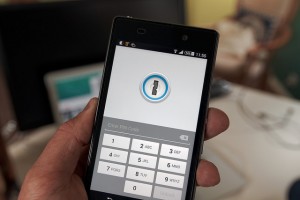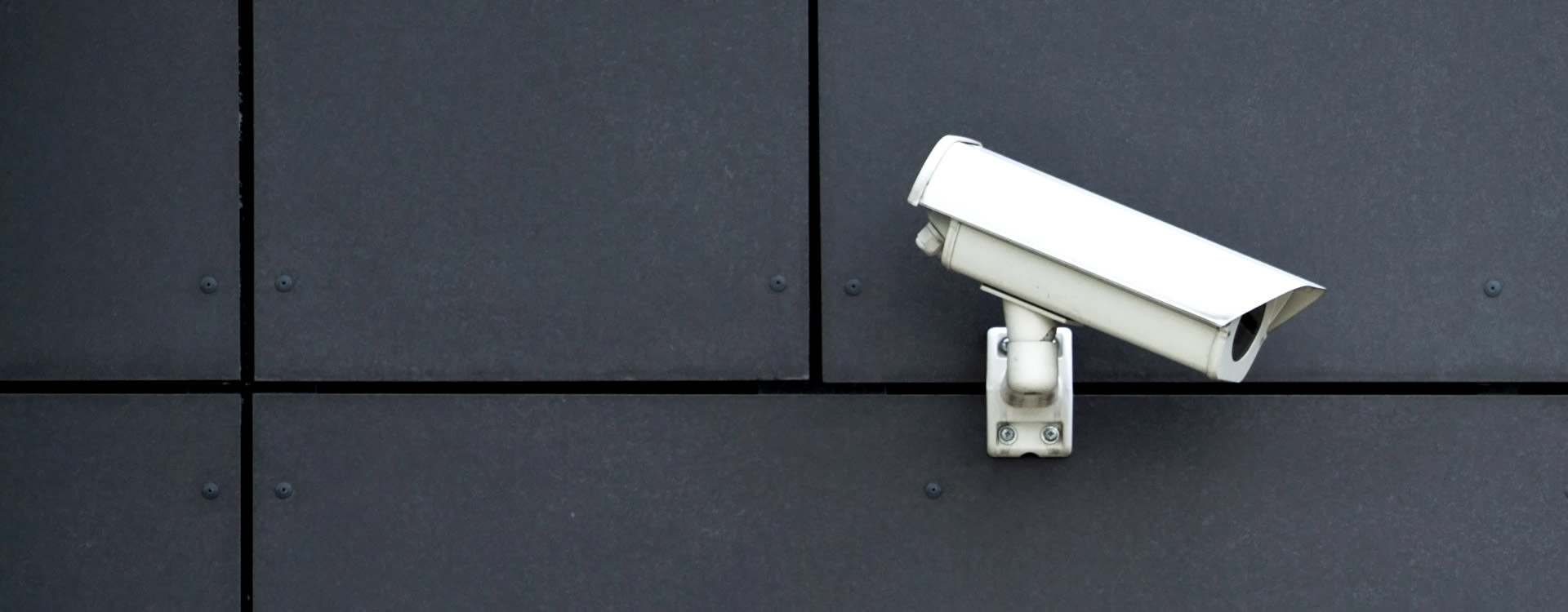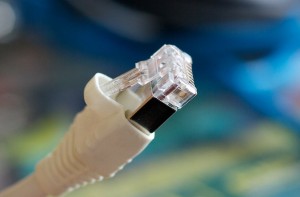We were recently approached by a public housing authority in Northern New Jersey with a problem. They had a 36-unit apartment building with electronic locks for entry, and were experiencing multiple issues. Tenants could no longer allow their guests entry to their apartment by pushing a button. They would have to leave the apartment, get on the elevator, and manually let the visitors in. The access control system was also no longer unlocking the main door – residents had to walk around to the back of the building to get into their own apartment building.
The housing authority had tried for months to get their previous vendor to fix the problem. The vendor rewired the intercom system and replaced parts on the access control system, all to no avail. After multiple expensive service calls, the system still had the same problem, and no solution was in sight. Frustrated, they decided to give us a call.
Drawing on our 25 years of experience, we discovered that the problem with the access control system was not with hardware, but rather with the installation. After troubleshooting, we saw that the expansion board was not mounted properly to the main board, and that the card reader was wired incorrectly. After rewiring, the system worked properly.
The intercom system, on the other hand, had larger problems. We found that the control center had failed. We also found that the previous technician, while trying to repair it, had made a mess of the wiring. A replacement was not readily available, as the company that manufactured the control center had been out of business since the early 2000s. Due to our knowledge of the industry, we were able to secure a source to manufacture the unit for us, at a reasonable price. We replaced the control center and fixed the wiring mistakes. The system works properly today and the work was done on time and under budget.
For over 25 years Perfect Connections, Inc. has been providing custom access control systems to Northern and Central New Jersey. Our specialists are licensed and understand the complexities of a comprehensive system. We know how to guide you through the process from an initial on site assessment to final installation, and how to work with you to help troubleshoot your current system. Let us help you connect and protect what matters most.
If you live in Central or Northern New Jersey and would like more information, please call 800-369-3962 or simply CLICK HERE.
 Last week in our blog, we wrote about how your cell phone could be your key at your business. Now, we’d like to tell you how it could work for your home too!
Last week in our blog, we wrote about how your cell phone could be your key at your business. Now, we’d like to tell you how it could work for your home too! We use our smartphones and other mobile devices for many functions in our daily lives. It’s almost impossible to go through an entire day without seeing someone tapping, scrolling, or swiping through their phone, never mind using your own phone. We’ve created a mobile environment where convenience lies in the palm of our hands.
We use our smartphones and other mobile devices for many functions in our daily lives. It’s almost impossible to go through an entire day without seeing someone tapping, scrolling, or swiping through their phone, never mind using your own phone. We’ve created a mobile environment where convenience lies in the palm of our hands. What is access control? In the simplest of terms it can be explained as a means to allow or deny entry to or exit from a designated space. Think of the kinds you likely use on a daily basis, a key to lock or unlock your front door or an electronic gate that lets you into the parking garage at work. But what does it mean, what are the options when it comes to business integration and security systems, and why might your facility need it? As licensed security systems providers our team at
What is access control? In the simplest of terms it can be explained as a means to allow or deny entry to or exit from a designated space. Think of the kinds you likely use on a daily basis, a key to lock or unlock your front door or an electronic gate that lets you into the parking garage at work. But what does it mean, what are the options when it comes to business integration and security systems, and why might your facility need it? As licensed security systems providers our team at 

 Our world is constantly changing and evolving. Progression is an inevitable force that influences the way we live our daily lives. This is especially true of advancements made in the techy devices we interact with on a daily basis. Everything from our smartphones to our security systems. It’s the manner in how we interact with all of these devices that is driving innovation and product design. The internet and networking of devices is creating a connected environment that offers ultimate convenience and changes how we perceive the potential of security systems.
Our world is constantly changing and evolving. Progression is an inevitable force that influences the way we live our daily lives. This is especially true of advancements made in the techy devices we interact with on a daily basis. Everything from our smartphones to our security systems. It’s the manner in how we interact with all of these devices that is driving innovation and product design. The internet and networking of devices is creating a connected environment that offers ultimate convenience and changes how we perceive the potential of security systems. Comprehensive security systems are what help maintain a safe and secure work environment or home. As a consumer it is in your best interest to hire a systems integrator with experience, knowledge, and know-how, but how do you tell the good from the “just okay” or bad? Any company can spout off how many years experience they have or jobs they’ve completed, that doesn’t really give you much insight into how they operate and solve problems.
Comprehensive security systems are what help maintain a safe and secure work environment or home. As a consumer it is in your best interest to hire a systems integrator with experience, knowledge, and know-how, but how do you tell the good from the “just okay” or bad? Any company can spout off how many years experience they have or jobs they’ve completed, that doesn’t really give you much insight into how they operate and solve problems. Assisted living facilities are dynamic environments. You have occupants with varying levels of medical needs alongside administrative, medical, and visiting personnel. It’s a somewhat complex security issue because residents and staff need to be able to move throughout the facility freely, but unauthorized entrants must somehow be kept out. The mental health and acuity of residents can also be a cause for concern. In an aging population medical conditions like dementia and Alzheimer’s can cause residents to wander off or get lost which is a major concern for staff and resident relatives. Thankfully by implementing security system solutions many of these concerns can be addressed.
Assisted living facilities are dynamic environments. You have occupants with varying levels of medical needs alongside administrative, medical, and visiting personnel. It’s a somewhat complex security issue because residents and staff need to be able to move throughout the facility freely, but unauthorized entrants must somehow be kept out. The mental health and acuity of residents can also be a cause for concern. In an aging population medical conditions like dementia and Alzheimer’s can cause residents to wander off or get lost which is a major concern for staff and resident relatives. Thankfully by implementing security system solutions many of these concerns can be addressed.